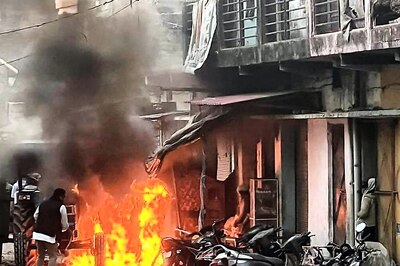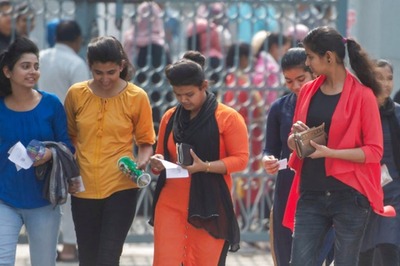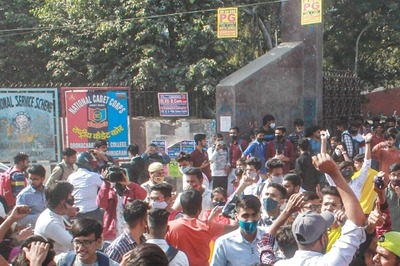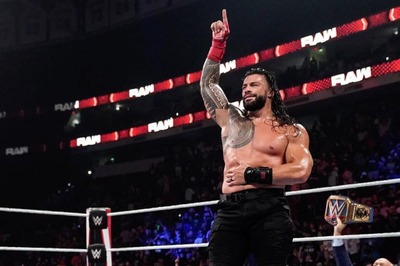
views
The G20 summit in New Delhi this weekend is a great opportunity for India to flex its growing economic heft in a changing world order. Whether it be showcasing its vital contribution to global economic growth through pragmatic domestic reforms, advocating far-reaching financial protocols with a worldwide relevance, driving sustainable energy initiatives, or promoting free global trade—India has many learnings to share with the G20 leaders arriving shortly.
Take the case of inflation, a global pain point following the Covid-spurred supply chain disruptions. During India’s presidency of G20, it has already been recognised in a meeting of finance ministers and central bank governors of member countries that policies formulated to combat inflation in one country should not have a negative impact on others.
There are many other points to be belaboured. As the president of the Group of 20 nations this year, India is already rolling out a biofuel alliance that will help member countries meet their energy needs while also empowering a planet-friendly circular economy. Under this alliance, the United States, Brazil, and India—leading biofuel producers and consumers—will facilitate cooperation and intense use of sustainable biofuels, including in the transportation sector. This alliance will strive to strengthen markets, facilitate global biofuel trade, and provide technical support for national biofuel programmes worldwide.
Then, a framework to build a Digital Public Infrastructure, a set of shared digital systems that will strive to provide equitable access to public and private services at a societal scale, has also been discussed. In any case, as G20 president, India has already called for global cooperation in developing a framework for regulating cryptocurrencies as well as cyberterrorism.
On other international forums, India has been advocating the concerns of the ‘Global South’ and sought to forge a consensus on safeguarding the interests of millions of farmers and small businesses. Prime Minister Narendra Modi has already said in his address at the G20 Trade and Investment Ministers’ meeting that the world must pay more attention to MSMEs (Micro, Small and Medium Enterprises), given their key role in the global economy.
MSMEs account for 60-70% of total employment and 50% of the global GDP, and “they need our continued support”. India has already integrated MSMEs into public procurement through a government e-marketplace and the government has also been working with the sector to adopt ‘Zero Defect’ and ‘Zero Effect’ on the environment. So it is but natural that increasing the participation of Indian MSMEs in global trade and global value chains is a priority during India’s G20 presidency.
Lastly, domestic reforms could also prove valuable in ensuring India’s voice is heard. The ‘Make in India’ war cry, for example, aims to incentivise domestic manufacturing and job creation. And India’s strides in the digital arena are already well acknowledged. The country could share its expertise in both these areas with the G20 peers.




















Comments
0 comment